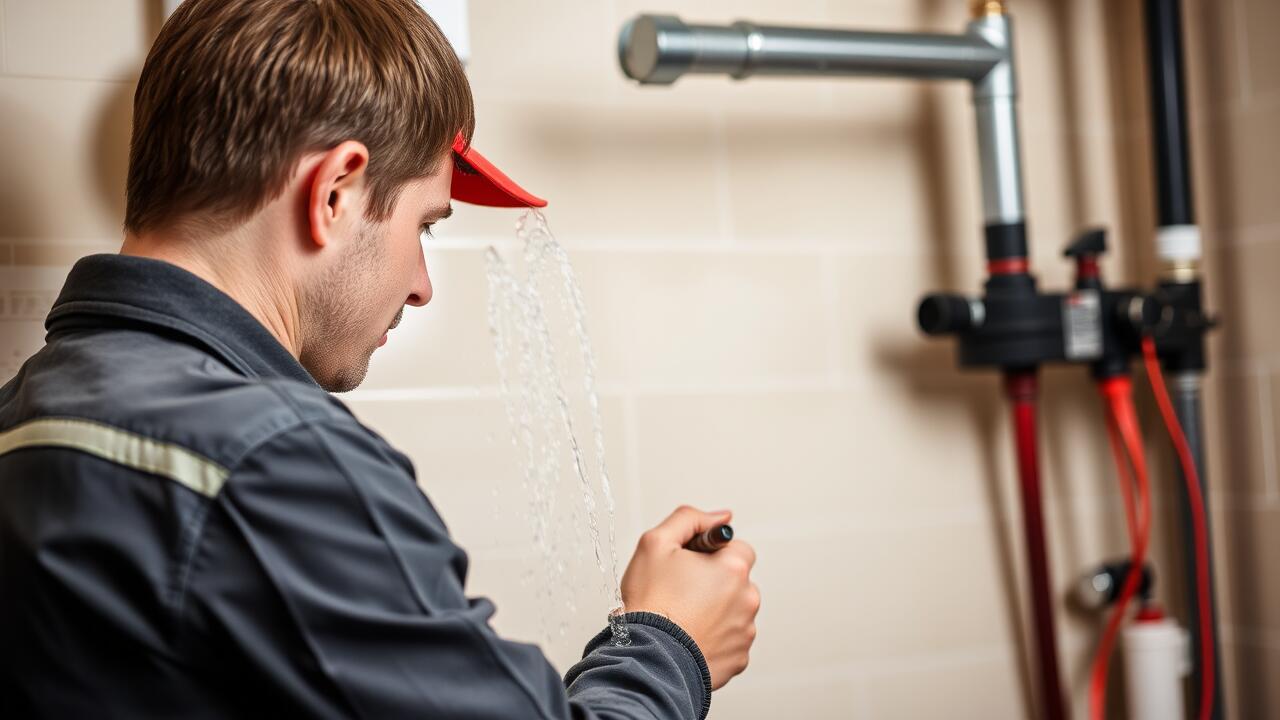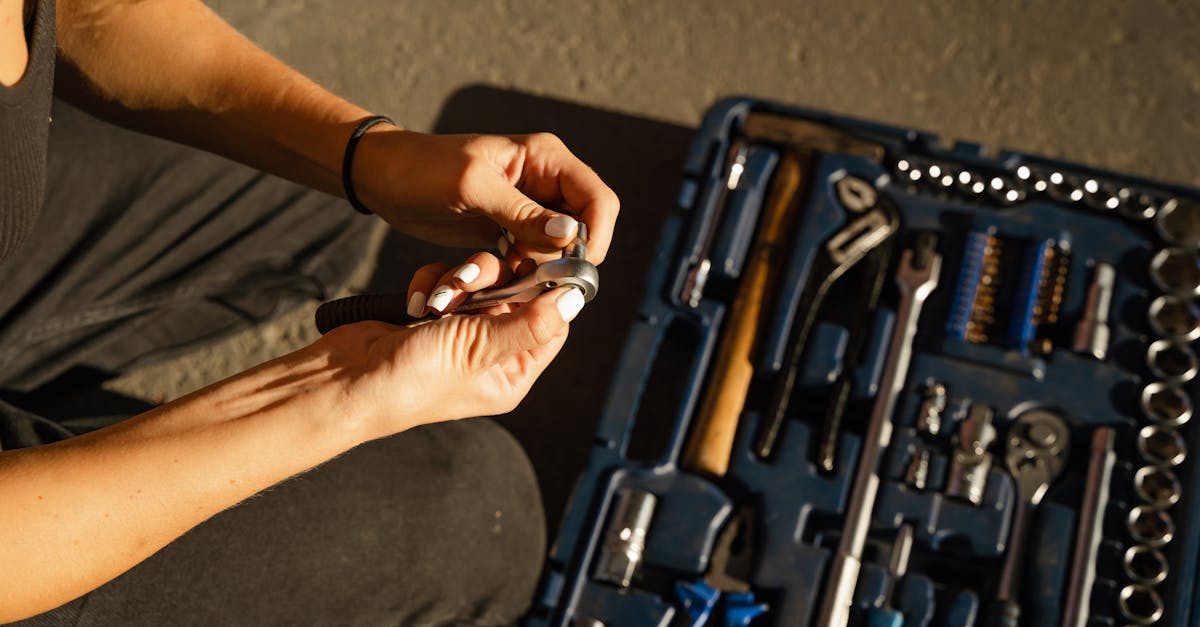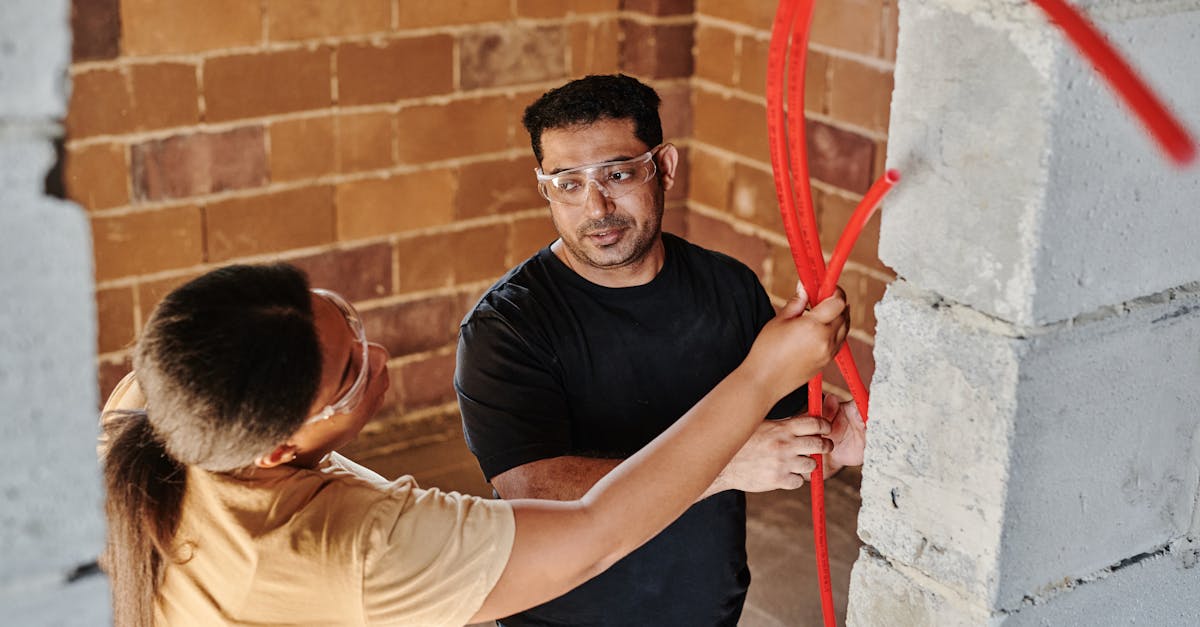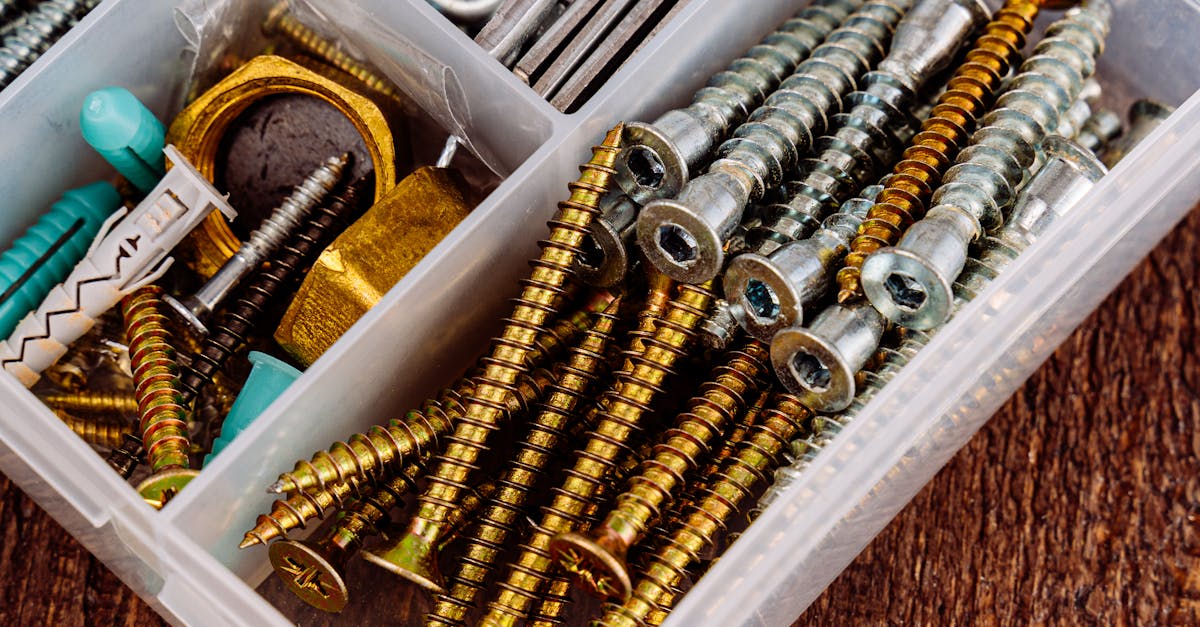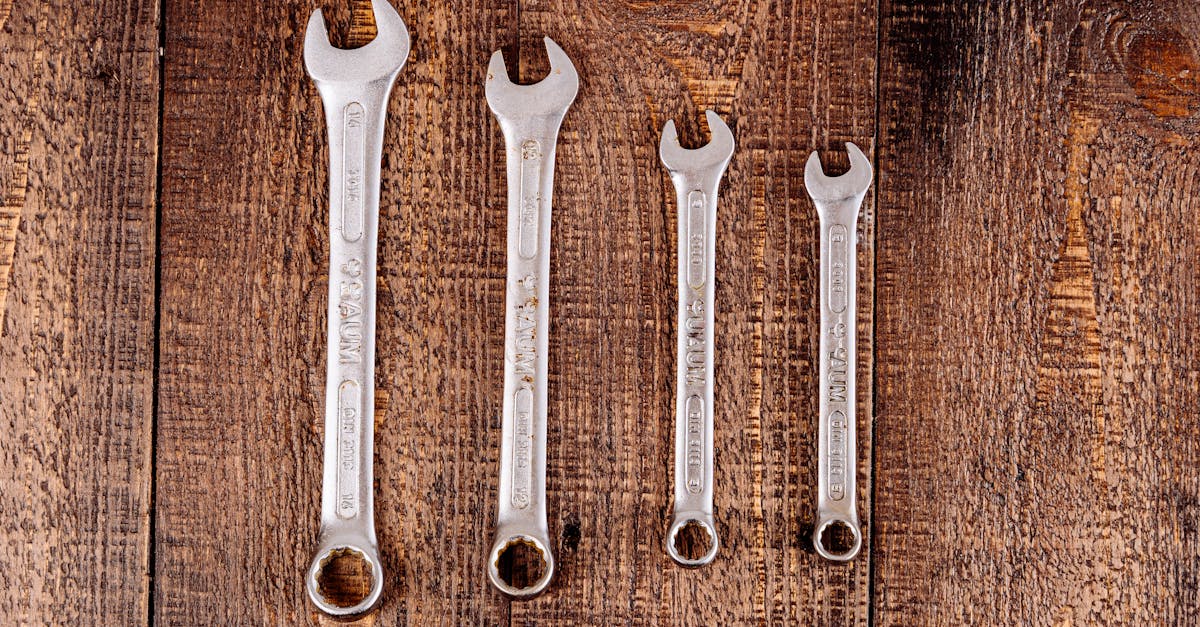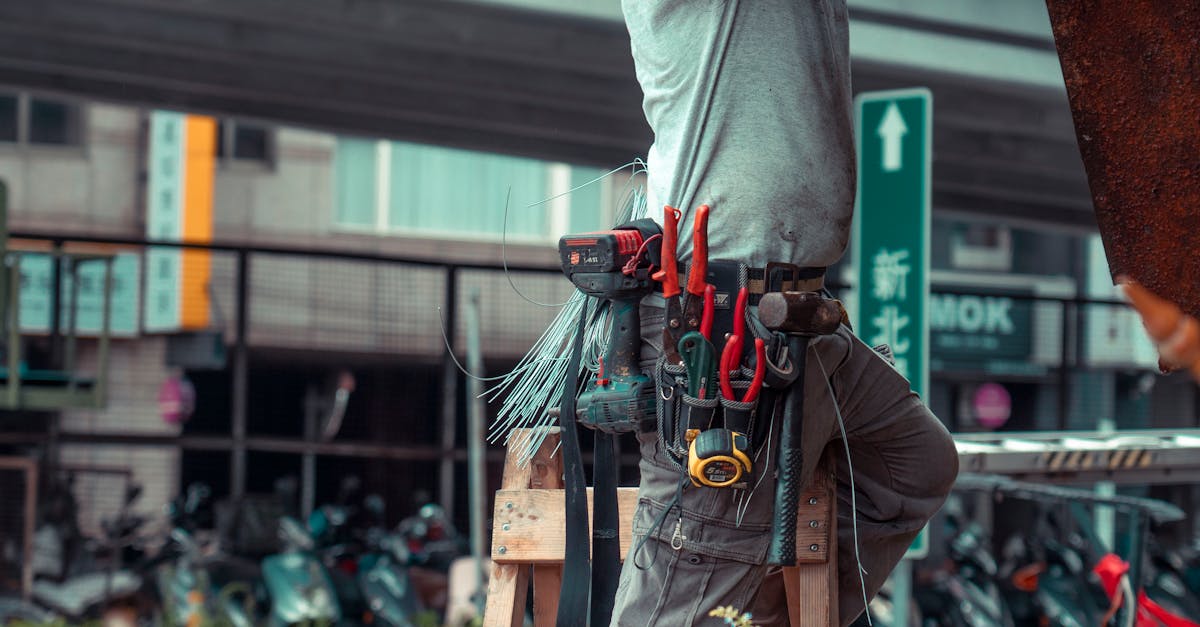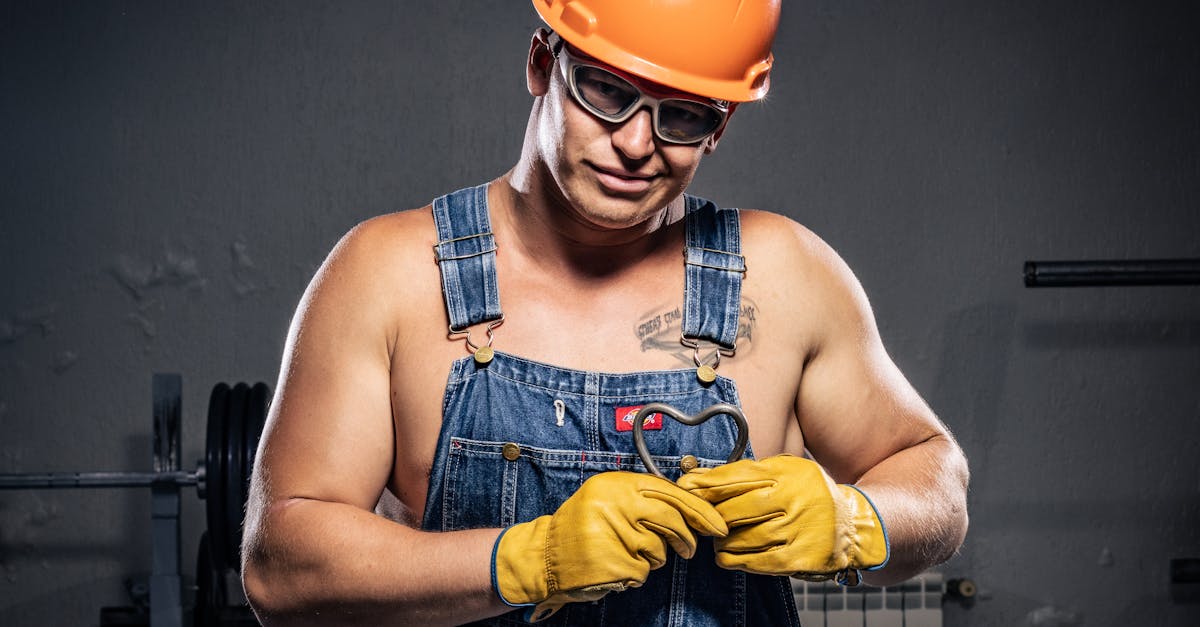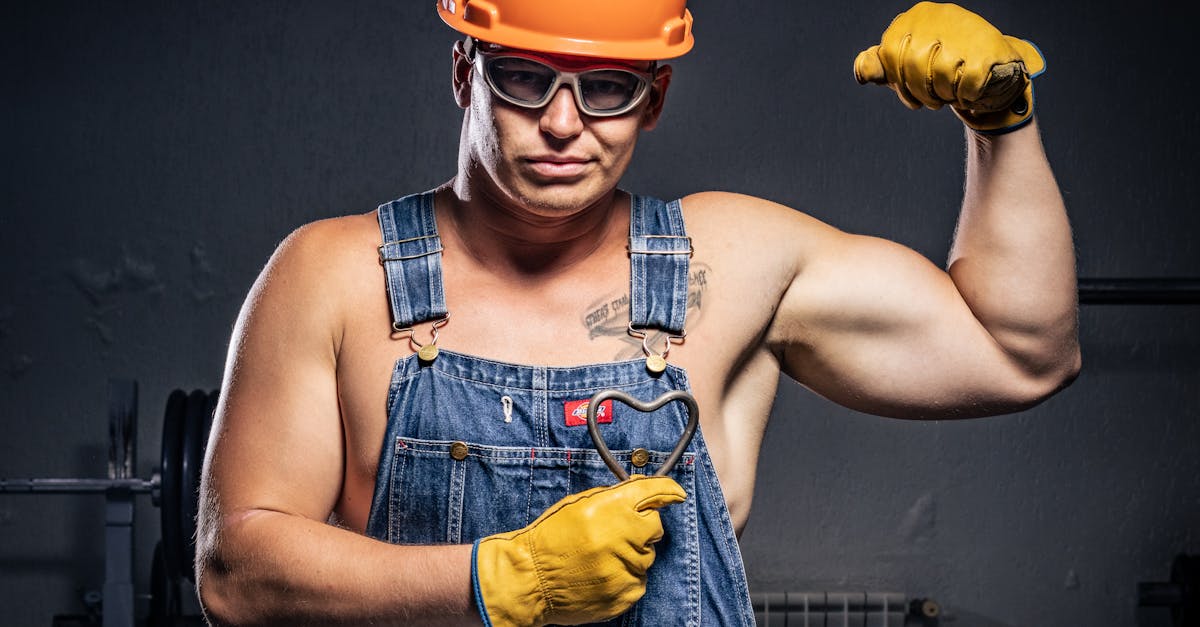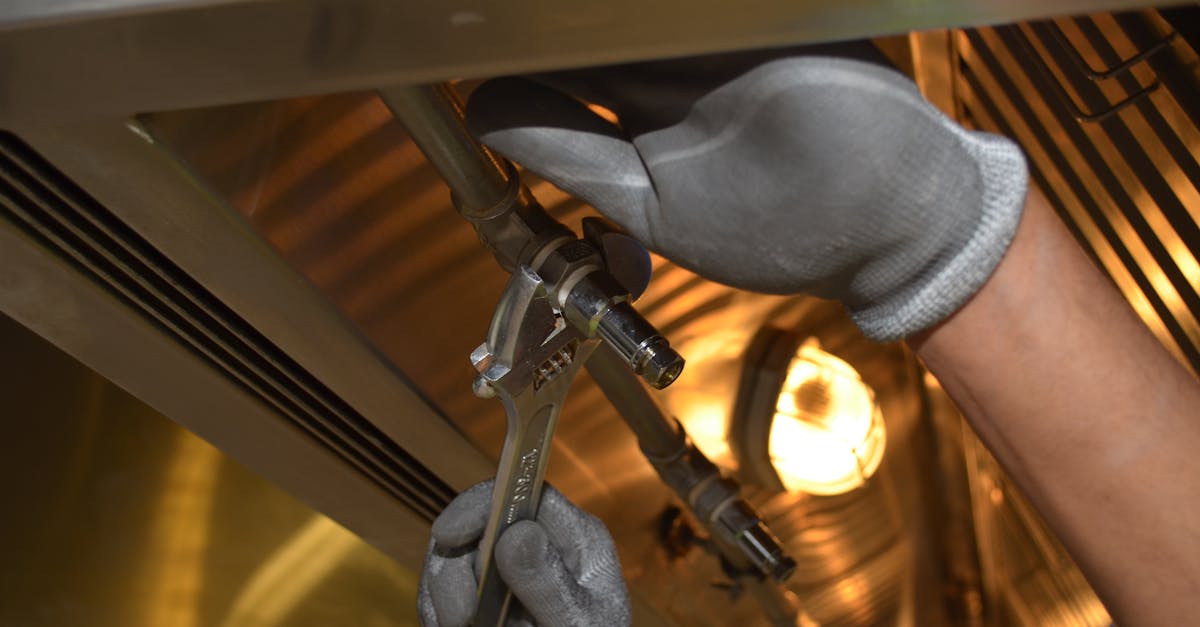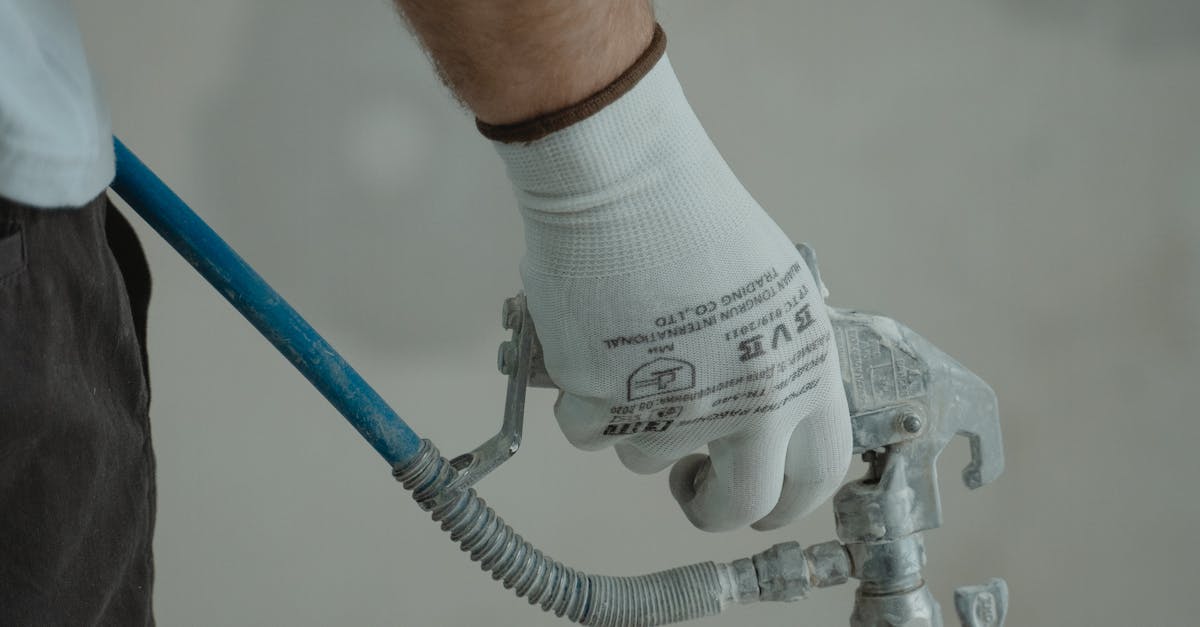
Table Of Contents
Water Supply Problems
Hot water supply problems can arise from various issues within the plumbing system. Blockages can occur in the pipes, restricting water flow to the hot water system. Additionally, inadequate pressure from the mains supply can leave the system struggling to heat water properly. It is essential to check whether the inlet valve governing the water supply is functioning correctly, as any malfunction can also lead to insufficient hot water.
Regular maintenance checks are crucial to avoid supply disruptions. If your hot water system fails to deliver heated water, a professional assessment may be necessary. Expert technicians can conduct a thorough examination to identify underlying issues. In some cases, hot water system repair becomes essential to restore functionality and ensure a consistent supply of hot water throughout the home.
Assessing Inlet Valve Functionality
The inlet valve plays a crucial role in the functionality of your hot water system, as it controls the flow of cold water into the tank. If this valve is partially or completely closed, it can significantly reduce the amount of water available for heating, leading to inadequate hot water supply. Regularly checking the valve can help ensure it is functioning properly. Look out for any signs of corrosion or malfunction, as these issues can impede water flow and ultimately affect the system's efficiency.
If you suspect the inlet valve is not working as it should, consider seeking professional assistance for a thorough inspection. A qualified technician can conduct a hot water system repair and determine whether the valve needs cleaning, adjustment, or complete replacement. Prompt attention to this component can prevent more significant issues down the line and ensure your hot water system operates at its best.
Leaks in the System
Leaks in a hot water system can significantly affect its performance and efficiency. Detection of these leaks often requires a close inspection of pipes, fittings, and the storage tank itself. Signs of leakage include water pooling around the system, moisture on walls or floors, and reduced water pressure. Addressing such issues promptly is crucial to prevent further damage and ensure the system operates effectively.
Once a leak is identified, it's essential to consider the most appropriate course of action. Minor leaks may be repairable through straightforward fixes, such as tightening fittings or replacing worn washers. However, more extensive leaks often necessitate professional help for a proper Hot Water System repair. Australians experiencing persistent leakage should seek assistance to assess the situation and determine whether repairs or a full system replacement is the best solution.
Identifying and Fixing Leaks
Leaks in the hot water system can be subtle and sometimes go unnoticed until they result in decreased efficiency or water damage. To identify leaks, inspect all visible piping and connections, looking for signs of moisture or water accumulation. Pay close attention to fittings, joints, and any areas where pipes are prone to wear and corrosion. Regular checks can reveal small leaks before they escalate into larger issues, saving both water and the need for extensive repairs.
Once a leak is identified, prompt action is crucial to prevent further damage to the system. Depending on the severity of the leak, solutions may range from tightening fittings to replacing corroded pipes. In some cases, DIY methods can suffice, but significant leaks often necessitate professional assistance. Engaging a qualified technician for hot water system repair ensures that the issue is fixed effectively, restoring optimal function and prolonging the lifespan of the system.
Age of the Hot Water System
The age of your hot water system plays a significant role in its efficiency and effectiveness. Most systems have a lifespan of about 8 to 12 years. As they age, components may wear out, leading to decreased performance. An older unit may struggle to heat water properly, and repairs can become more frequent and costly. If your system is nearing the end of its expected lifespan, it might be time to consider your options carefully.
When assessing whether to continue with repairs or invest in a new system, evaluating the frequency and cost of hot water system repair is essential. If you find yourself consistently calling for repairs, the cumulative costs may exceed those of a replacement. Consider the latest models available that offer improved energy efficiency and technology, potentially providing long-term savings on utility bills while ensuring a reliable hot water supply.
When to Consider Replacement
The lifespan of most hot water systems typically ranges from 8 to 12 years, depending on the model and level of maintenance. As these systems age, performance can decline significantly. Regular issues such as inconsistent heating or repeated breakdowns may indicate it's time for a replacement rather than ongoing Hot Water System repair. Upgrading to a newer model can improve efficiency and reduce energy costs, offering a long-term solution to persistent problems.
Additionally, modern hot water systems often come equipped with advanced technology designed to enhance performance and energy conservation. If your current system struggles to provide adequate hot water or requires frequent repairs, evaluating replacement options could be a wise financial decision. Investing in a new unit not only ensures reliable hot water supply but also aligns with compliance to current energy standards and regulations in Australia.
FAQS
What are common reasons for hot water not heating up?
Common reasons include water supply problems, faulty inlet valves, leaks in the system, and the age of the hot water system.
How can I assess the functionality of my inlet valve?
You can check the inlet valve by ensuring it is fully open and looking for any signs of damage or blockages. If you're unsure, it's best to consult a professional plumber.
What should I do if I suspect there are leaks in my hot water system?
If you suspect leaks, look for damp spots or water pooling around the system. It’s advisable to contact a licensed plumber to identify and fix any leaks properly.
How do I know if my hot water system is too old and needs replacing?
If your hot water system is over 10-15 years old and frequently requires repairs or has significantly reduced efficiency, it may be time to consider replacement.
Are there any signs that indicate my hot water system is not functioning correctly?
Yes, signs include inconsistent water temperature, strange noises from the system, water discolouration, and increased energy bills, all of which may indicate underlying issues.
